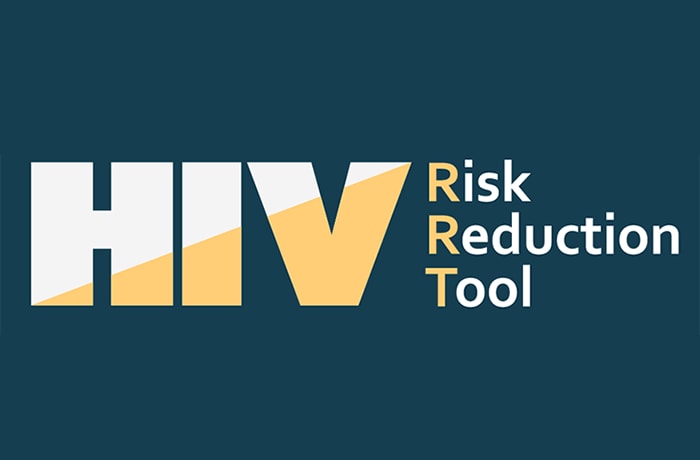Understanding Care

Finding a health care teamexternal icon that is knowledgeable about HIV care is an important step. Your health care team will help you manage your care and treatment.
Primary HIV Health Care Provider
Your primary HIV health care provider should lead your health care team. Your primary HIV health care provider may be a
- Medical Doctor (MD or DO),
- Nurse Practitioner (NP), or
- Physician Assistant (PA).
Your primary HIV health care provider will
- determine which HIV medicine is best for you,
- prescribe HIV medicine (called antiretroviral therapy or ART),
- monitor your progress and help you manage your health, and
- put you in touch with other HIV providers who can address your needs.
Other HIV Providers
Your health care team may include other providers who are experts in taking care of people with HIV.
- Allied health care professionals like nurses, mental health providers, pharmacists, nutritionists, and dentists.
- Social service providers like social workers, case managers, substance use specialists, and patient navigators.
The Ryan White HIV/AIDS Programexternal icon provides access to medical care, medicationexternal icon, and essential support services if you need assistance.
Take Your HIV Medicine as Prescribed
- This will help keep your viral load low and your CD4 count high.
- Take your HIV medicine exactly how your health care provider tells you to—at specific times of the day, with or without certain kinds of food.
- Keep track of your medicine and schedule.
- Talk to your health care provider or pharmacist if you have questions about when or how to take your medicine, or if you are experiencing any side effects.
Keep Your Medical Appointments
- Use a calendar to mark your appointment days.
- Set reminders on your phone.
- Download an app on your phone that can help remind you of your medical appointments.
- Keep your appointment card in a place where you will see it.
- Ask a family member or friend to help you remember your appointment.
Talk Honestly with Your Health Care Provider
- Your health care provider needs to have the most accurate information to manage your care and treatment.
- Write down questions you want to discuss with your health care provider. Be ready to write down the answers.
- Keep track of your lab results, medical visits, and care and treatment plans.
- Make sure your health care providers have your correct contact information.
During your medical visit, your health care provider may ask questions and conduct routine medical exams to see how HIV is affecting your body.
Your health care provider may
- Take a blood sample to check your viral load.
- Ask questions about your health history.
- Look for other kinds of infections or health problems. Some health problems may weaken your body, make your HIV worse, or prevent your treatment from working.
- Give you immunizations, if you need them.
- Discuss, prescribe, and monitor your HIV medicine.
- Discuss ways to help you follow your HIV treatment plan.
- Help identify other support you may need.
- Ask about your sexual or injection partners and discuss ways to protect them from getting HIV.
Your health care provider will use blood tests to monitor your HIV infection. These tests help your health care provider make decisions about changes to your treatment.
CD4 Count
- Your CD4 count is the number of CD4 cells you have in your blood. CD4 cells help your body fight infections.
- HIV attacks and lowers the number of CD4 cells in your blood. This makes it difficult for your body to fight infections.
- Your health care provider will check your CD4 count every 3 to 6 months.
Viral Load Test
- Viral load is the amount of HIV in your blood.
- Your health care provider will use a viral load test to determine your viral load.
- When your viral load is high, you have more HIV in your body. This means your immune system is not fighting HIV very well.
- You should have a viral load test
- every 4 to 6 months,
- before you take a new HIV medicine, and
- around 2 to 8 weeks after starting or changing medicine.

